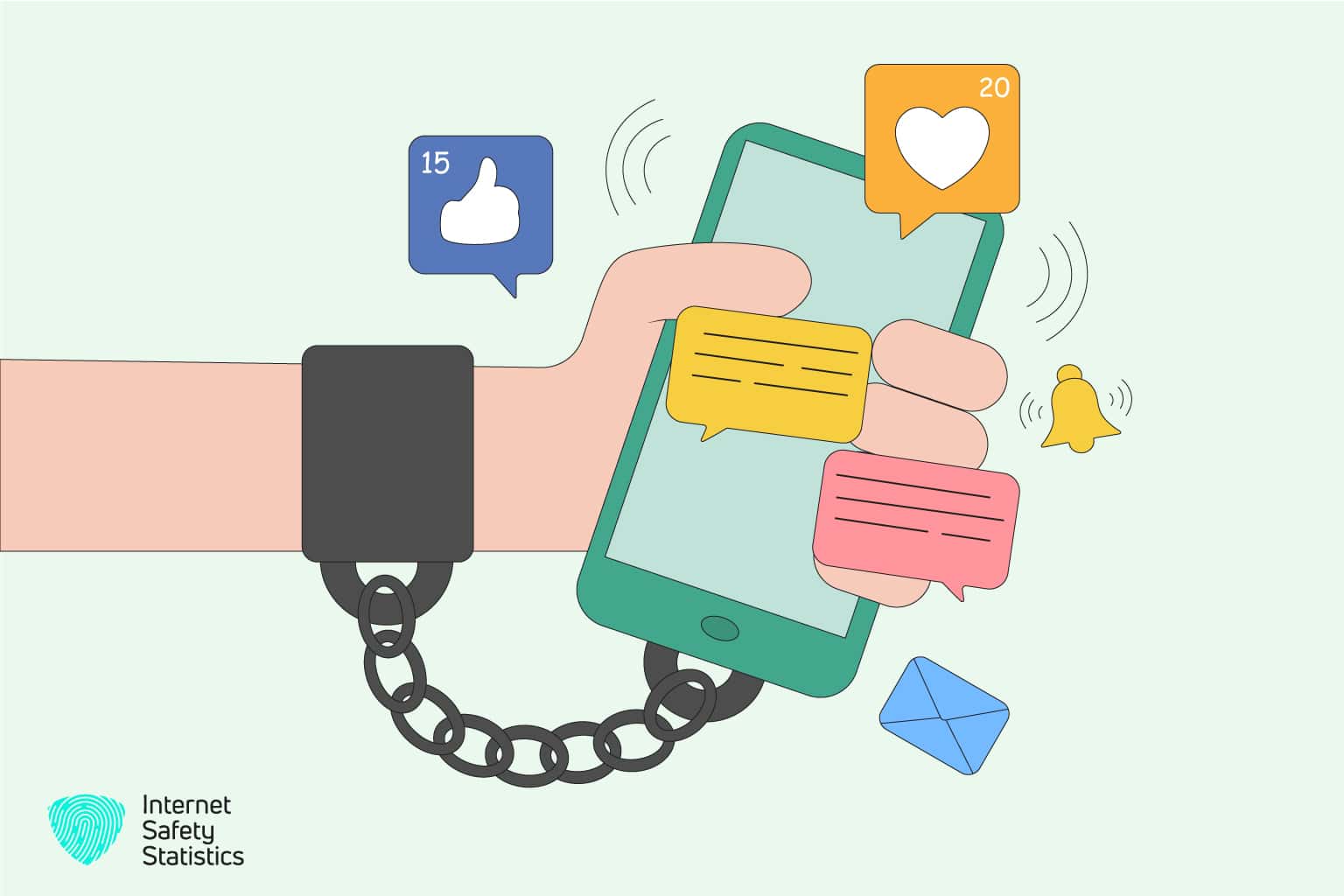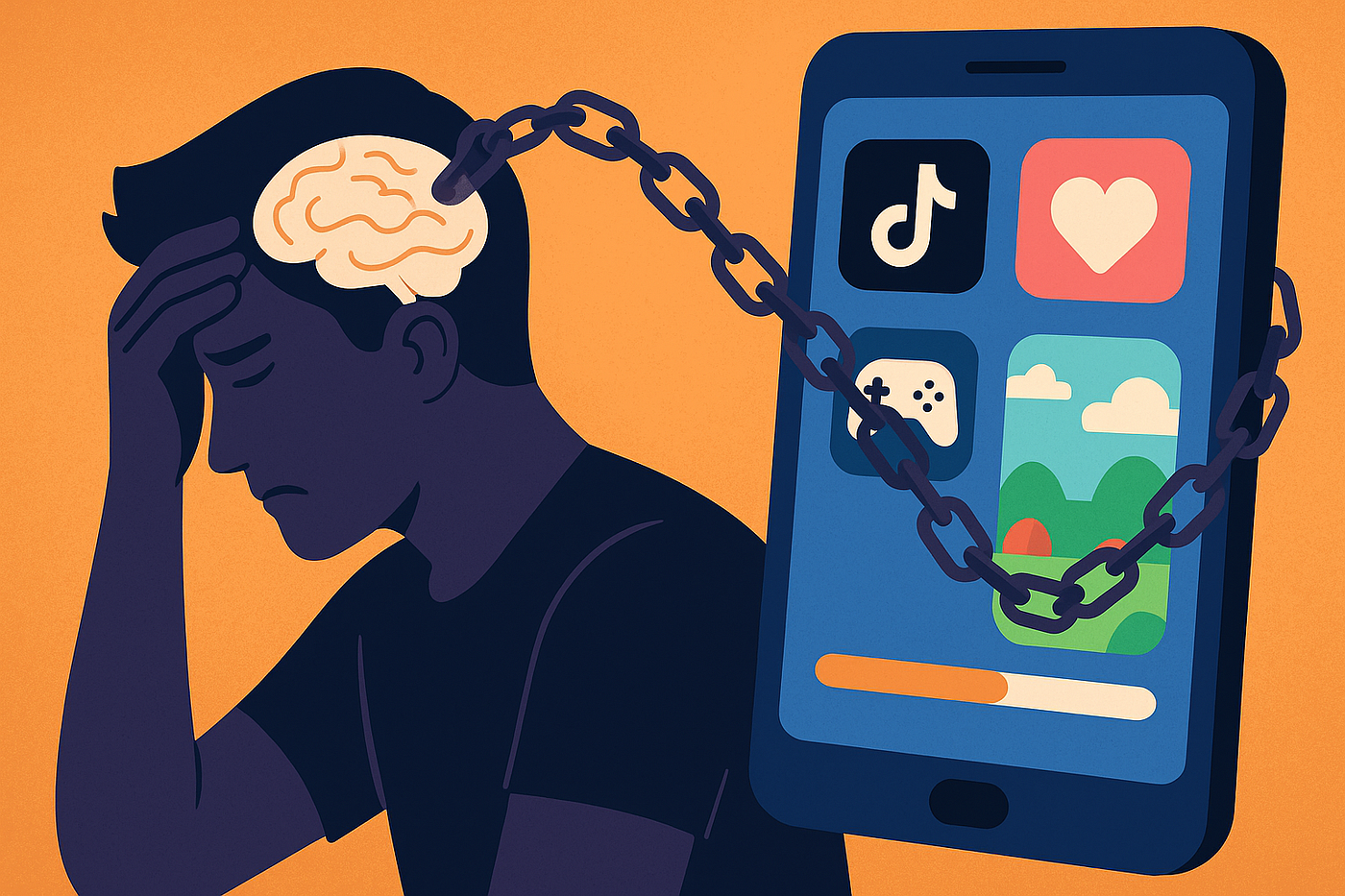Are We Masters of Technology — or Its Servants?
Technology was meant to liberate us. It promised a future free from repetitive labor, inefficiency, and wasted time. Machines would do the work so we could think, create, and live better.
But somewhere along the way, the balance shifted.
We no longer control our tools — they control us. From the moment we wake up to the glow of a screen, to the last scroll before sleep, our lives orbit around devices that demand constant attention.
What began as a partnership between humans and machines has quietly turned into servitude. We built them to serve us; now, we serve them.
How Technology Took Over Our Lives
From Tool to Tyrant
Early technology was simple: a hammer, a wheel, a telephone. Each invention extended human ability and saved time. But the digital revolution didn’t just enhance life — it restructured it.
Now, algorithms decide what news we see, what opinions we hear, and even how long we stay awake. Convenience became a leash. The promise of control became dependence.
The Illusion of Digital Freedom
On the surface, the internet looks like the ultimate expression of freedom — unlimited knowledge, global connection, endless creativity. But what feels like liberation is often a carefully built illusion.
Every “free” app extracts payment — not in money, but in data, attention, and time. These have become the real currency of the digital world, and we’re spending them faster than we realize.
Everyday Tech That Keeps You Hooked
Smartphones: The Pocket Prison
Your smartphone is your alarm clock, your camera, your assistant — and your captor. Studies show the average person checks their phone around 96 times a day, or once every ten minutes.
It tracks your steps, your sleep, your location, and your habits. It entertains you when you’re bored and interrupts you when you’re not. What once felt like empowerment now feels more like dependency — an invisible chain we’ve chosen to wear.
Social Media: Addicted by Design
Social platforms don’t just capture attention — they’re engineered to hijack it. Every notification, every like, every new follower triggers a small chemical reward in the brain: dopamine.
That’s not accidental. Entire teams of behavioral scientists work to refine these “dopamine loops” — keeping users scrolling, clicking, and posting for as long as possible. The longer you stay, the more ads you see, and the more data they collect.
Streaming and the Endless Scroll
Ever notice how Netflix automatically plays the next episode? That’s not convenience — that’s conditioning. Auto-play, infinite scroll, and algorithmic recommendations are all designed to blur time, turning minutes into hours without you realizing it.
In the digital age, entertainment isn’t just something we consume. It’s something that consumes us.
The Science of Digital Addiction
Dopamine and the Feedback Loop
Each ping, like, or vibration delivers a microscopic reward to your brain — a hit of dopamine. Over time, these small doses build habits so strong they mimic addictive behavior.
We crave that next message, that new notification, that tiny spark of validation. The more we check, the less satisfied we feel — and the cycle deepens.
Notifications: Designed to Hijack Your Brain
The red notification bubble isn’t random. That color was chosen because it demands attention. It creates a subtle anxiety that only disappears when we click.
This isn’t poor design — it’s perfect design for keeping you engaged. Every swipe and tap feeds the system data on what keeps you hooked, making it more precise with every use.

Surveillance Capitalism: When You Are the Product
Big Tech doesn’t just collect data — it monetizes behavior. Every pause, search, or hesitation is analyzed and sold to advertisers. This system, known as surveillance capitalism, turns human experience into a profitable resource.
You think you’re just uploading a photo or liking a post. In reality, you’re training algorithms that know your preferences, your patterns, and your weaknesses — sometimes better than you do.
The scary part? You don’t need to give explicit permission. You already did, hidden deep inside a “Terms and Conditions” box you scrolled past years ago.
Work Without Boundaries: The 24/7 Grind
Remote work was supposed to bring freedom — no commutes, flexible schedules, better balance. Instead, it blurred every boundary we had left.
Now, the home is the office. The phone is the workstation. The workday never ends. Midnight emails, weekend meetings, and constant connectivity have created a world where being “offline” feels irresponsible.
The result? Digital burnout. We’re working harder, resting less, and confusing productivity with presence.
The Emotional and Physical Cost of Tech Slavery
The Emotional Toll
Constant exposure to social media creates a dangerous cocktail of comparison and anxiety. We measure our lives against highlight reels, chasing impossible standards that leave us exhausted and dissatisfied.
The fear of missing out — FOMO — keeps us scrolling, long after we know we should stop. Disconnecting feels like disappearing.
The Physical Consequences
Our bodies weren’t designed for this level of screen time. Blue light disrupts sleep. Endless sitting wrecks posture. Constant focus-switching drains mental energy.
Even rest isn’t restful anymore — it’s another form of stimulation.
Big Tech’s Role in the Addiction Economy
It’s tempting to think tech addiction is a side effect. It isn’t. It’s the business model.
Every element — from the “like” button to the infinite scroll — was tested, refined, and optimized to keep you on screen. What’s marketed as “user experience” is often behavioral manipulation.
The longer you engage, the more data they harvest, and the richer they become.
Breaking Free from Digital Dependency
Escaping digital servitude doesn’t mean rejecting technology — it means using it on your own terms. Here’s how:
-
Take regular digital detoxes. Try going screen-free for a day each week. Step outside, read, cook, or just be still.
-
Turn off non-essential notifications. If it doesn’t serve you, silence it.
-
Reclaim your mornings and nights. Don’t start or end your day with a screen. Those moments belong to you, not your apps.
-
Use minimalist tech tools. Choose browsers, phones, and apps designed for focus rather than engagement.
-
Be intentional. Before picking up your phone, ask: What am I here for?
Freedom begins with awareness — and small, deliberate actions.

Conclusion: Taking Back Control Before It’s Too Late
Technology was never meant to enslave us. But it has become a mirror reflecting our own lack of boundaries and discipline.
Freedom won’t arrive through another update or digital detox trend. It will come from reclaiming our attention — the most valuable resource we have left.
Use technology with purpose. Set limits. Be aware of how every tap, swipe, and click shapes your life.
Because the question is no longer whether technology controls us. The real question is: will we take back control before it’s too late?
The Future: Freedom or Further Dependence?
Artificial intelligence, wearables, and augmented reality promise a future of frictionless convenience. But every leap forward also tightens the net.
Each new device asks for more data, more access, more control. Unless we redefine our relationship with technology, the next generation won’t just use devices — they’ll be shaped by them.
The future can go two ways: liberation or deeper dependency. Which one unfolds depends on how consciously we choose to engage today.
FAQs
1. How do I know if I’m a tech slave?
If you can’t go an hour without checking your phone, or if you feel anxious when offline, you might already be one.
2. Why is technology so addictive?
Because it’s designed to exploit human psychology for profit. Every app competes for your time and attention.
3. Can I live without a smartphone?
Yes — but it requires conscious effort and lifestyle redesign. Many who try it describe feeling calmer, more focused, and more alive.
4. What is a digital detox and how do I start?
It’s a planned break from screens and devices. Start small — one evening, one day, or one weekend. Replace screen time with real-world experiences.
5. Will technology addiction get worse?
Yes, unless users become aware and demand ethical design and regulation from Big Tech.
Conclusion: Taking Back Control Before It’s Too Late
Technology was never meant to enslave us. But it has become a mirror reflecting our own lack of boundaries and discipline.
Freedom won’t arrive through another update or digital detox trend. It will come from reclaiming our attention — the most valuable resource we have left.
Use technology with purpose. Set limits. Be aware of how every tap, swipe, and click shapes your life.
Because the question is no longer whether technology controls us. The real question is: will we take back control before it’s too late?
Are you ready to reclaim your freedom?
Developer Team — Exploring the intersection of technology, ethics, and human freedom.

Comments
Post a Comment